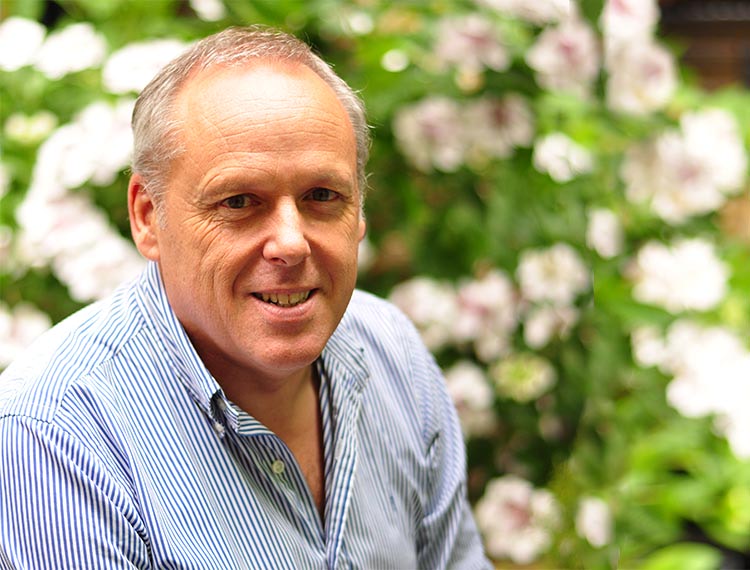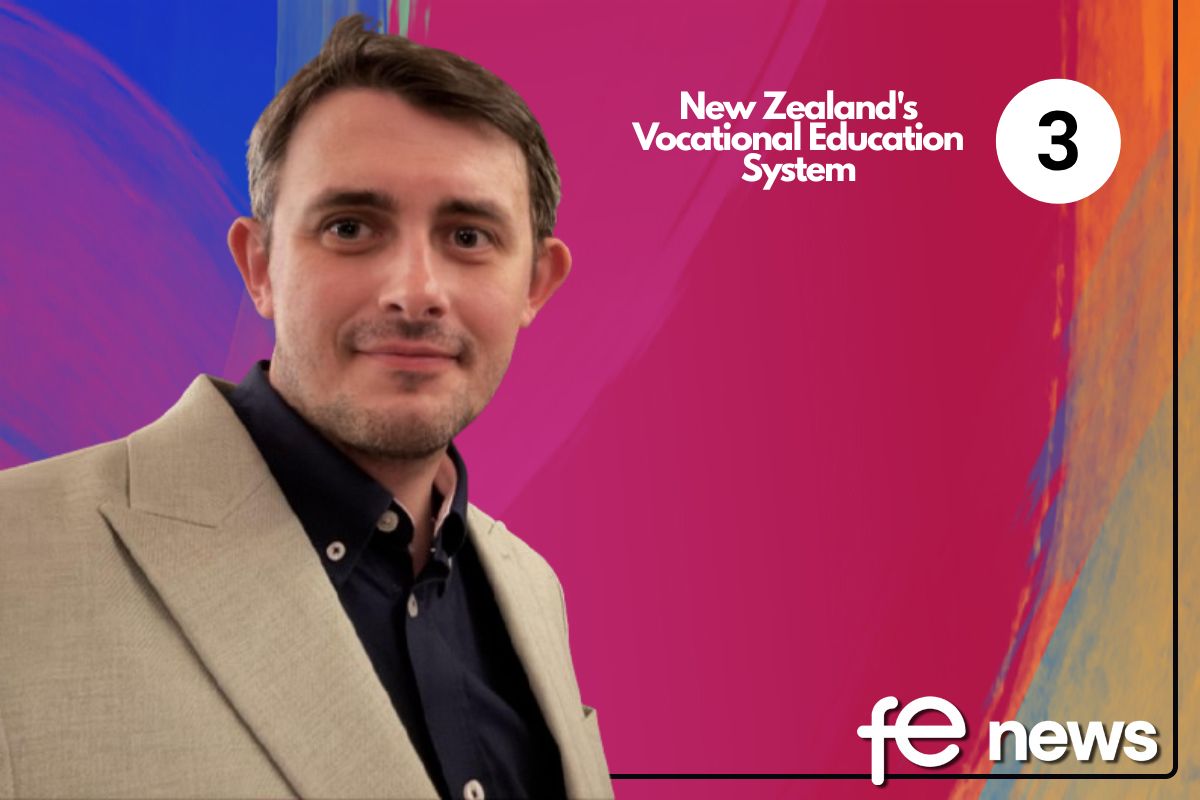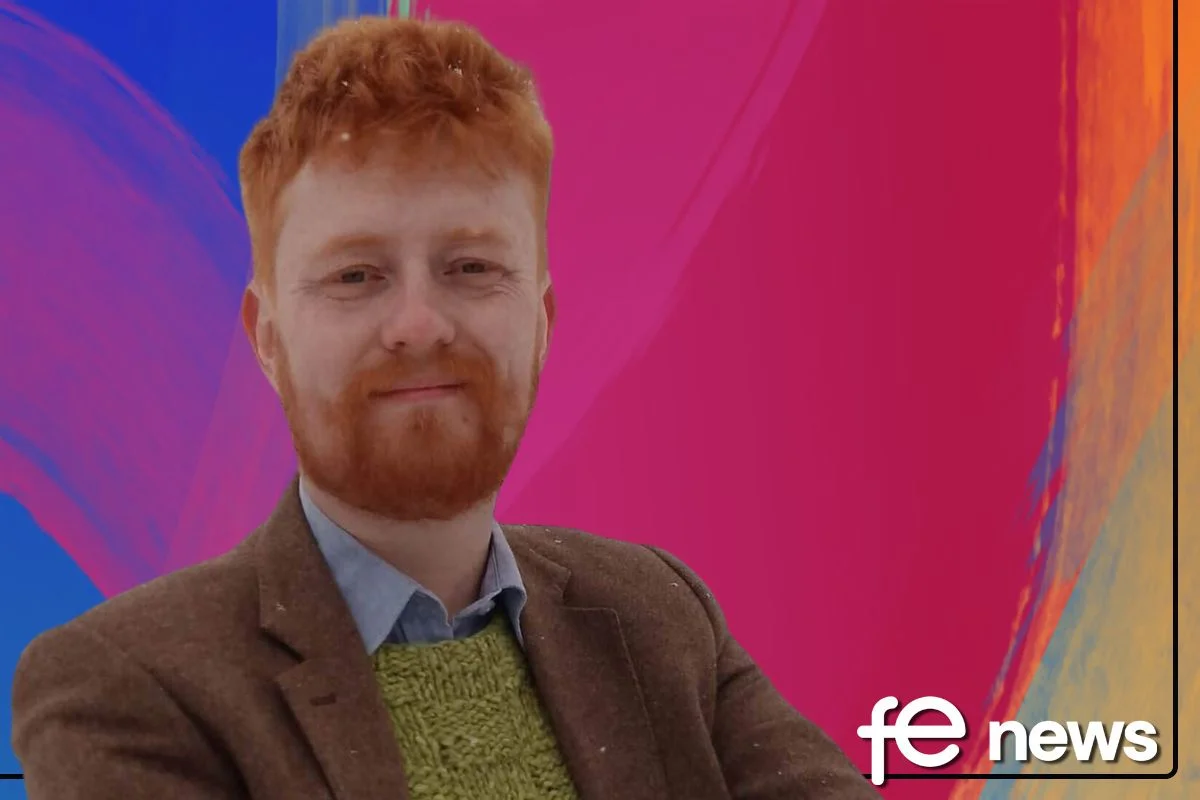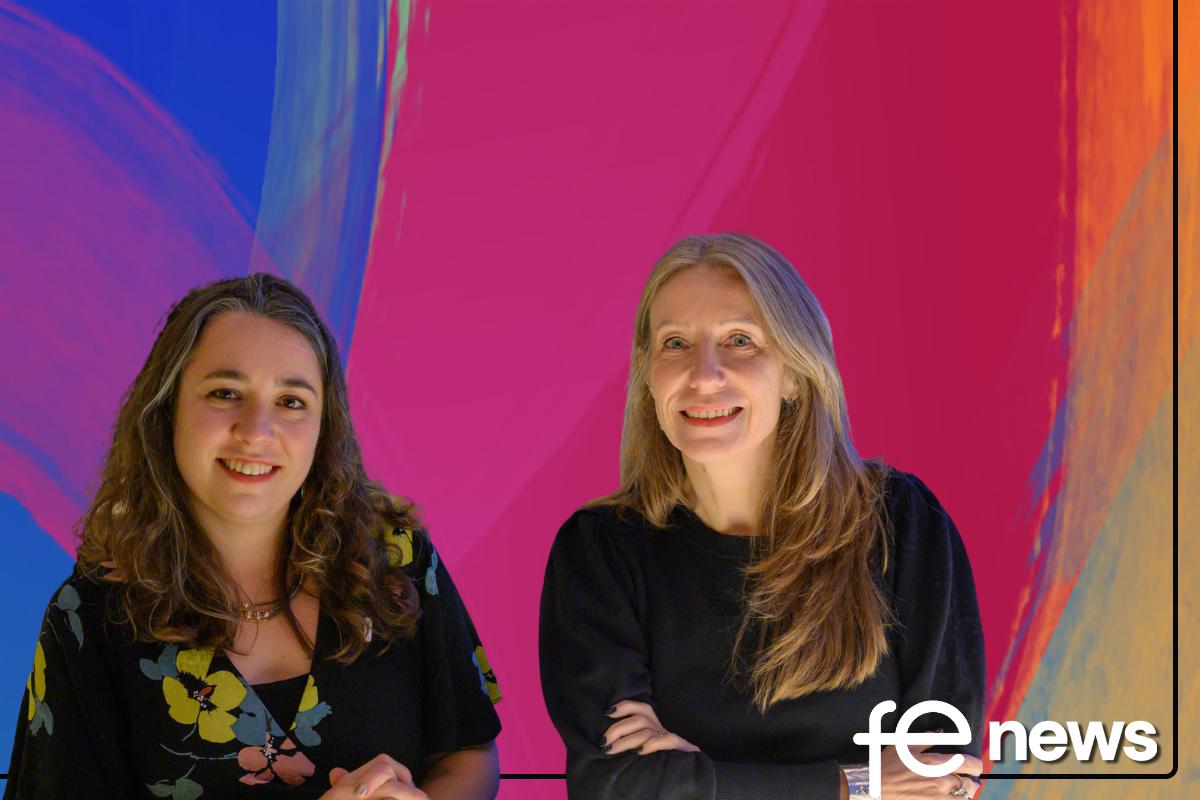Defining the Future of Further Education

Dilemmas, dualisms and dialectics – Professor Martin Doel asks, what’s next for further education? #FutureofFE
“Never make predictions, especially about the future” – Yogi Berra
At the outset of a new decade everyone is speculating about the future.
This applies to further education as much as anywhere else, with various Commissions and Inquiries either having just reported or just about to do so in the year ahead.
At the beginning of the last decade I contributed to the last wave of such predictions looking at what the future held for Colleges and further education in 2020.
Over the Christmas break, as I prepared for my forthcoming public lecture on 20th February, I looked back at some of the predictions that we made in 2010.
It wasn’t that the world we foresaw in 2020 was wildly different from the one that we are now facing in further education, though AI was hardly mentioned, fake news didn’t feature at all and an employer levy was seen as being too radical for either a Labour or a Conservative Government.
It was more that the predictions that we made were too specific and didn’t actually help guide thinking or action.
So, having entitled my lecture ‘The Future of Further Education’ I resolved to avoid predictions, choosing instead to look at issues that I think further education, in all its forms, will face in the decade ahead.
Defining Further Education
The lecture will build upon my first lecture ‘Defining Further Education’ in which I addressed the issue of the lack of a clearly understood definition of what the sector does and does not do, or should or shouldn’t do.
My conclusion was that from first use of the term in the early part of the last century, further education has been defined by what it is not, rather than what it distinctively delivers.
So, as per the Wikipedia definition: ‘further education is education not delivered in a school or a university.’
The breadth of the provision classified as further education grew as the century progressed, with the addition of anything that did not fit neatly into schools or universities and often encompassed students or provision that had been neglected and ill-served.
The consequence of this lack of identity was a lack of agency and influence, with policymakers in England in particular, being able to address parts of the sector episodically without continuity or coherence.
In the absence of a clearly defined role in England, I argued it was for institutions and providers to define their own ‘space.
In doing so, I argued that they should follow the advice of Richard Rumelt by devoting as much time to deciding what would not do, as to what they would do. In this process, a renewed focus on purpose and values would be key.
The underlying theme was that providers of all kinds had to set their own course and build strategies that were longer lasting and not unduly blown hither and thither by frequently changing and incoherent policy decisions.
The obvious rejoinder to this appeal for self-determination, from hard-pressed leaders in further education, was that this was all well and good, but hard to reconcile with the constant pressures on funding over the past decade. Though I think there is a counter argument to be made in terms of what I called ‘core’ and ‘contingent’ purpose, I of course appreciated the difficulty of what I was suggesting.
It is in this sense that I came to my second lecture. I do think that the context has changed as we enter the decade ahead.
Owning the future
Funding pressures and how to sustain good quality (however that might be defined) provision have been the predominant concerns of all in further education over the past 10 years at least. This will continue to be so for the near future, as the full consequences of underfunding begin to defeat or restrict unduly even the most effective leadership and management.
But, without I think being unduly optimistic, I see no indication in current government policy, nor in opposition thinking, of any wish to make continuing savings in further education budgets. The very opposite in fact, with a rare consensus emerging that the Sector, in all its various forms, needs to be reinvested.
The temptation at this point would be for further education providers and policymakers to simply ‘ride the wave’ of additional funding that is hopefully on its way. The danger in doing this would be to have policy done to the Sector once again, with policy most likely made in the Treasury in a partial way reacting to events and to short term pressures.
The alternative that I will suggest in my lecture will be that in order to navigate the way forward over the next decade we should ask some fundamental questions.
These are the dilemmas that I referred to earlier:
- to be competitive or collaborative
- to be local or national
- to be generalist or specialist
- to be second chance or first choice, and
- to be simple or complicated.
In each of these cases, I’ll conclude that they are not dilemmas at all, but merely constantly present tensions or dualisms; dealing with these dualisms will, in an echo of the first lecture, require each provider to work out how they can best reconcile the tensions.
In doing so, I hope that they might ‘own the future’ to a greater extent.
The questions will also, I think be critical for policymakers and influencers, providing a means of navigating a decade that will continue to be marked by uncertainty and complexity.
Martin Doel, FETL Professor of Leadership in FE and Skills, University College London, Institute of Education.
In my next article leading up to the lecture, I will look to introduce the first of the dilemmas considering the prospects for further education providers to be both collaborative and competitive. Should you be interested in attending the lecture (20 Feb) bookings can be made here.
|
Find out more about the ideas behind Martin’s lecture by reading his #FutureofFE mini-series here: |











Responses